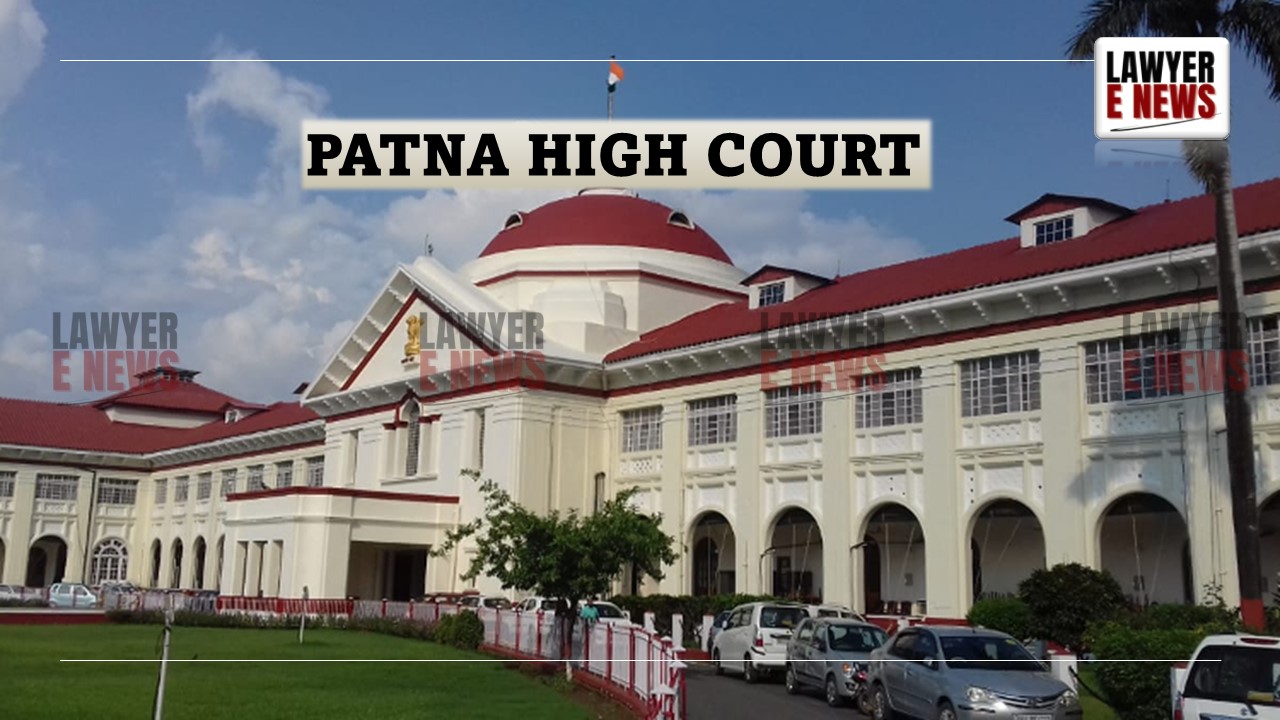-
by Admin
15 February 2026 5:01 PM



High Court Quashes Cancellation of Assistant Teacher’s Service Recognition, Emphasizes Requirement of Notice and Enquiry
The Patna High Court, presided over by Honourable Mr. Justice Partha Sarthy, has set aside the order canceling the recognition of Smt. Ranjana Kumari’s service as an Assistant Teacher. The court emphasized the need for procedural fairness, including notice and enquiry, before canceling any recognition of service, reinforcing the principles of administrative justice.
The petitioner, Smt. Ranjana Kumari, had her service as an Assistant Teacher recognized initially but subsequently canceled without proper notice or enquiry. She was appointed as an Assistant Teacher in the Jyoti Narayan Pandey Surya Pratap Narayan Singh Girls High School in East Champaran, which was taken over by the state government in 1985. Despite fulfilling educational qualifications and being initially recognized, her service was canceled due to alleged procedural deficiencies and a supposed break in service.
The High Court underscored the necessity of adhering to procedural fairness when making administrative decisions affecting individuals’ employment status. “Recognition of petitioner’s service canceled without issuing notice or conducting proper enquiry—High Court emphasized the requirement of notice and enquiry before cancellation,” noted the court.
The court highlighted that previous court orders recognizing the petitioner’s service were not appealed, thus attaining finality. “Prior court order affirming recognition not appealed, thus attaining finality—Cancellation held invalid,” stated Justice Partha Sarthy.
The court delved into several key aspects, including the recognition of the petitioner’s service, procedural deficiencies in the cancellation process, and adherence to prior judicial directions.
The petitioner was recognized as a trained teacher effective from her appointment date. The court directed the respondents to reassess her recognition considering her qualifications and the prior recognition orders. “Recognition as trained teacher from date of appointment—Court directed reassessment considering qualifications and prior recognition,” noted the judgment.
Justice Partha Sarthy emphasized that the cancellation of recognition without notice or enquiry was procedurally deficient and thus invalid. The court reiterated that any such administrative action must be preceded by due process to ensure fairness and transparency.
Justice Partha Sarthy remarked, “The requirement of notice and enquiry before canceling the recognition of service is a cornerstone of administrative justice. The procedural deficiencies in this case render the cancellation order unsustainable.”
The court’s decision to quash the cancellation order reaffirms the importance of procedural fairness and adherence to prior judicial directives. The ruling mandates the Director of Secondary Education to reassess the petitioner’s service recognition, considering her qualifications and prior orders, and to determine any arrears payable within a specified timeframe.
Date of Decision: June 25, 2024
